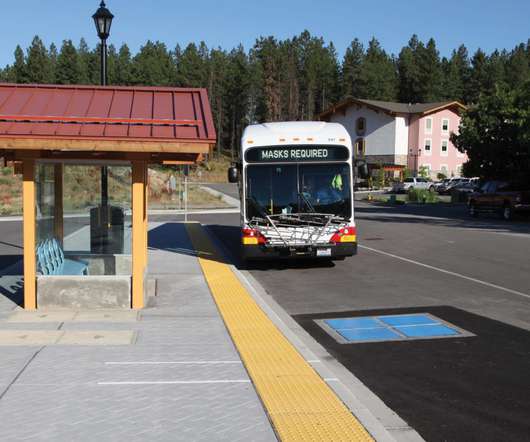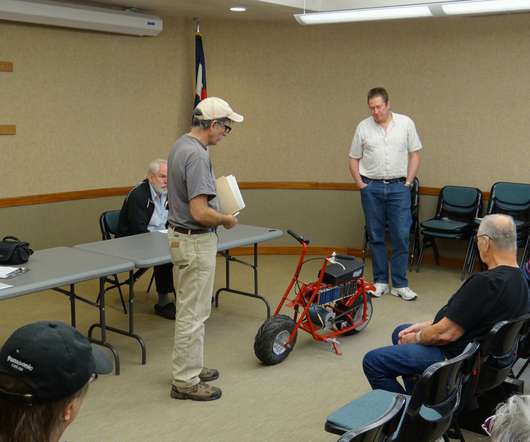U Texas team develops cobalt-free high-energy lithium-ion battery
Green Car Congress
JULY 19, 2020
Researchers from the Cockrell School of Engineering at The University of Texas at Austin have developed a cobalt-free high-energy lithium-ion battery, eliminating the cobalt and opening the door to reducing the costs of producing batteries while boosting performance in some ways. The findings appeared in the journal Advanced Materials.
















Let's personalize your content